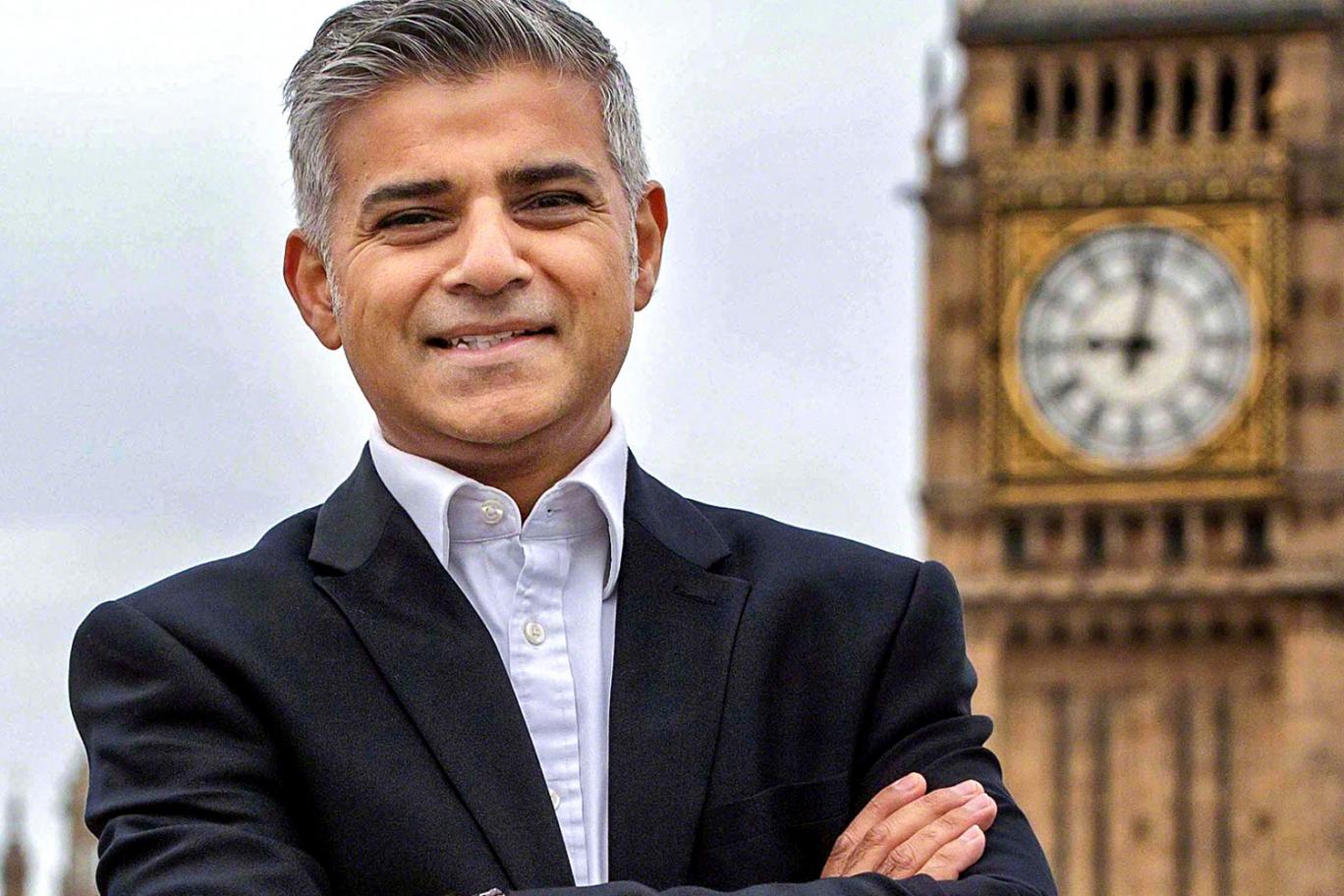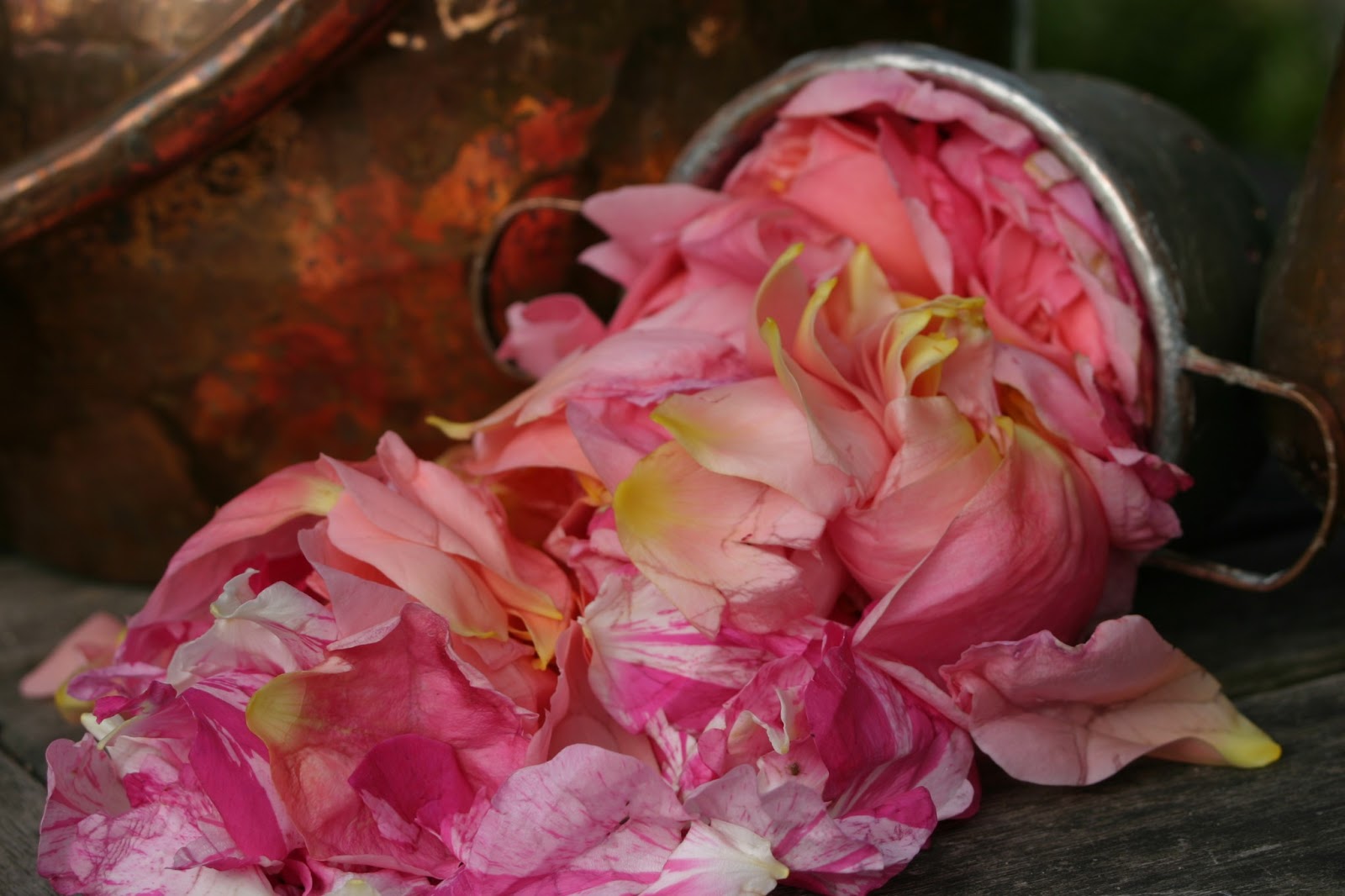És ser agosarat ser el primer alcalde musulmà de Londres i no sentir por de ser musulmà?
Sadiq Khan (*)
Is it really that bold to be the first Muslim mayor and be unafraid to be Muslim? I don’t call myself
a Muslim politician; I’m not a Muslim spokesperson or leader, and it’s
important to clarify that because otherwise you’re defined solely by your
faith. We all have multiple identities – I’m a Londoner, a son and a father –
and City Hall isn’t a pulpit. But, as Ramadan starts, I’m
aware that it’s a great opportunity to do things in the community and break
down the mystique and suspicion around the religion. If you’re someone who
doesn’t have Muslim friends and your only experience of Islam is what you see
on the news – the angry man with a beard doing or saying something terrible –
then you may inadvertently associate that with Islam and think that is what
it’s all about. So, I’m making it a priority this month to get out there and
build bridges by hosting Ramadan meals around the city at synagogues, churches
and mosques.
The best way for people to understand each
other’s faith is to share experiences. Fasting is a good way to do this
because, when you’re breaking bread with someone, inviting non-Muslims to have
that iftar meal
together, it shows that it’s not a big deal, nor is it spooky or weird.
When I was growing up, you had to explain to
people why you weren’t eating. Now, in a cosmopolitan city such as London, where for 1,000
years there has been an open exchange of trade, ideas, people and culture, most
people know someone – perhaps at work or through friends – who will be spending
this month fasting. Ask them how they are! It makes a big difference when someone
spends just a minute to see how you’re doing. I’ve had friends fast through
solidarity – they don’t always make it through the whole day, but it’s a kind
gesture.
This year will be especially tough. Because of
the lunar calendar, Ramadan moves back by 12 days each year and we’re now at
the peak of long summer days. A lot of these fasts are going to be 19 hours
long. It’s scary. My diary is still full for Ramadan – we’ve got the EU referendum coming
up and I could even have to open my fast on stage with a glass of water at an
event. Last year, we had a big selection campaign during Ramadan, so there were
lots of very hot hustings, where I had to perform while fasting. That’s part
and parcel of it. What you don’t want to do is try to completely change your
lifestyle, because it sort of defeats the object of it and the sacrifice. Of
course, there are Islamic injunctions in the event that fasting affects your
performance as a brain surgeon or if you’re in the armed forces, but it’s
impressive how much your body can and will endure – much more than you realise.
Anyone who knows me knows that I’m miserable
during Ramadan. Some would say I’m miserable all year round, but it does affect
my mood. What I usually miss the most is caffeine; I go to lots and lots of
boring meetings (not this year, of course, because now I have the best job in
the world!) and I need caffeine to keep going. So, this year, in preparation, I
tried to cut down on coffee in the lead up to it. Food isn’t the issue – you
get over that. The other big myth is that you lose weight in Ramadan. Not true. Part of
me doing this is to show that it is possible to be someone with western,
liberal values and be a mainstream Muslim. My election on 5 May proved that
London believes you can do both at the same time.
According to research conducted by the polling
company ICM a couple of years ago, British Muslims are the most charitable group in the country, and I believe
a lot of that comes down to Ramadan – it’s a month of sacrifice, reflection and
humility. It’s a real leveller, too – you can’t not have empathy. For instance,
as mayor of London, I’m more aware than ever that in this city, the
fifth-richest in the world, 100,000 people had to access a food bank last year
– and I can, to a degree, understand that experience (I say that with the
recognition that, unlike people who are homeless, I get a big feast at the end
of the day).
There is a role that Muslims in the public eye
play: to reassure people that we are OK. It’s not because we’re more
responsible; it’s because we’re more effective. You don’t have to shout it from
the rooftops – it’s about having shared experiences. We have the most diverse
city in the world, but we don’t have people mixing as much as they could. I
want to enable people to have a sense of belonging.
(*) Article publicat a The Guardian el 5 de juny del 2016.




